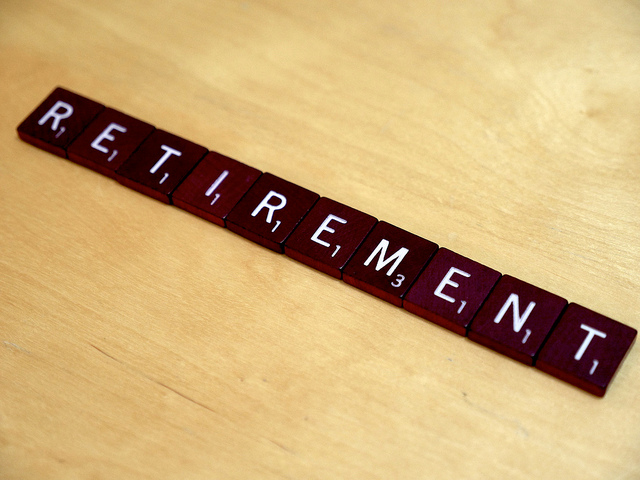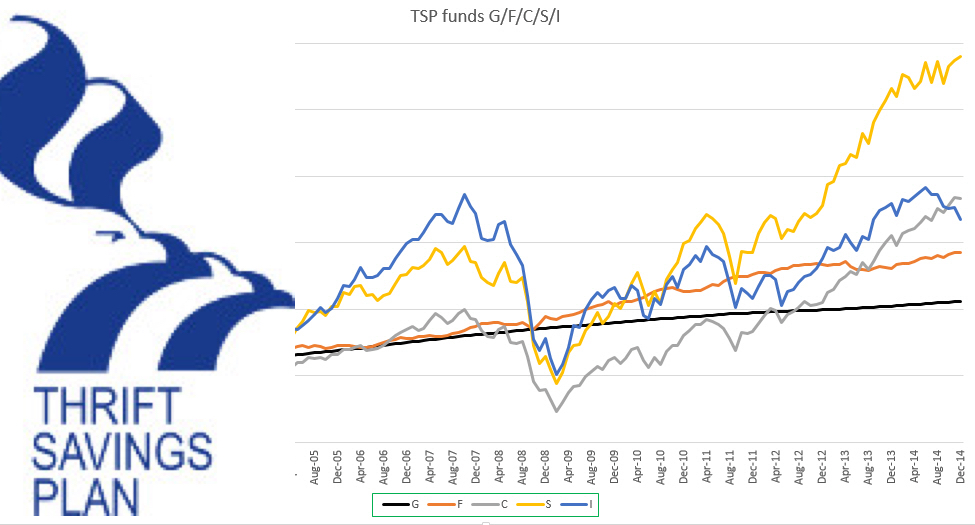[vc_row][vc_column width=”2/3″ el_class=”section section1″][vc_column_text]Michael Wood has been a licensed professional for almost 20 years, and he has focused exclusively on those consumers who are close to or already retired.
To leave a government job after a long career can feel rewarding in most cases. For those employees that cannot stand their boss, or don’t share anything in common with coworkers, or maybe hate to commute or their jobs it’s a no-brainer; it makes sense to leave as soon as possible. For those that love their jobs, sometimes it’s hard to say goodbye. Either way, picking a retirement date is inevitable.
After deciding on the year you will be retiring, the next issue is to determine the ideal date; December 31 and January 1-3 are common dates for most federal employees.
- Also Read: Divorce and Your Federal Pension—What Happens When You Split Assets and How It Could Affect Your TSP
- Also Read: What Happens to Your Federal Benefits After Divorce? Here’s the Lowdown
- Also Read: The Best FEHB Plans for 2025: Which One Fits Your Lifestyle and Budget the Best?
Availability of a January pay raise this year could be reflected in the majority, if not all, of the annual leave an employee has carried over.
To those hired in the 1980s, they may still be kicking themselves for selecting to opt-in to FERS because CSRS has a more generous annuity. Contrarily, individuals in FERS qualify for and pay into Social Security, and there will be the 5 percent government match in their Thrift Savings Plan (TSP).
Contact Michael Wood
[email protected]
[/vc_column_text][/vc_column][vc_column width=”1/3″][vc_single_image image=”35750″ img_size=”292×285″ style=”vc_box_shadow”][/vc_column][/vc_row]










